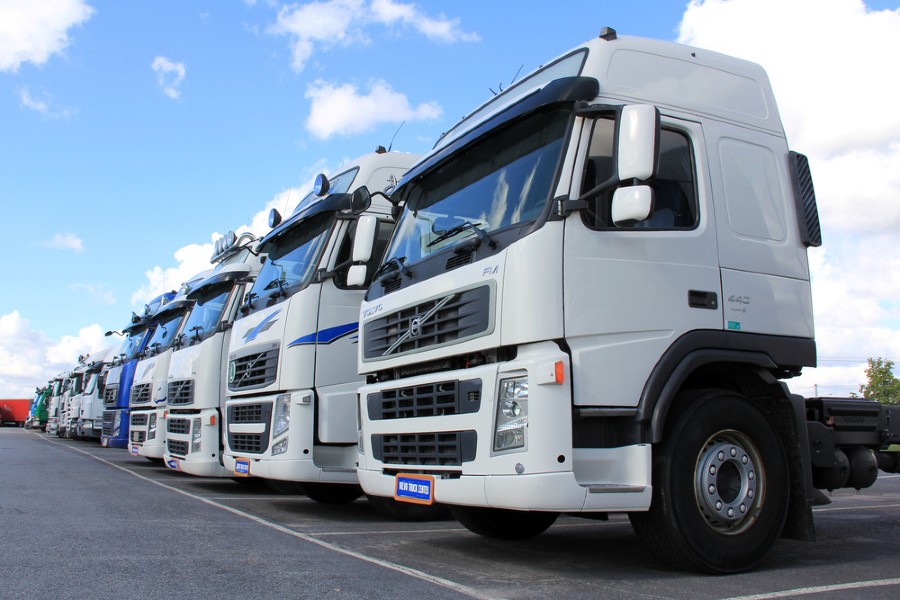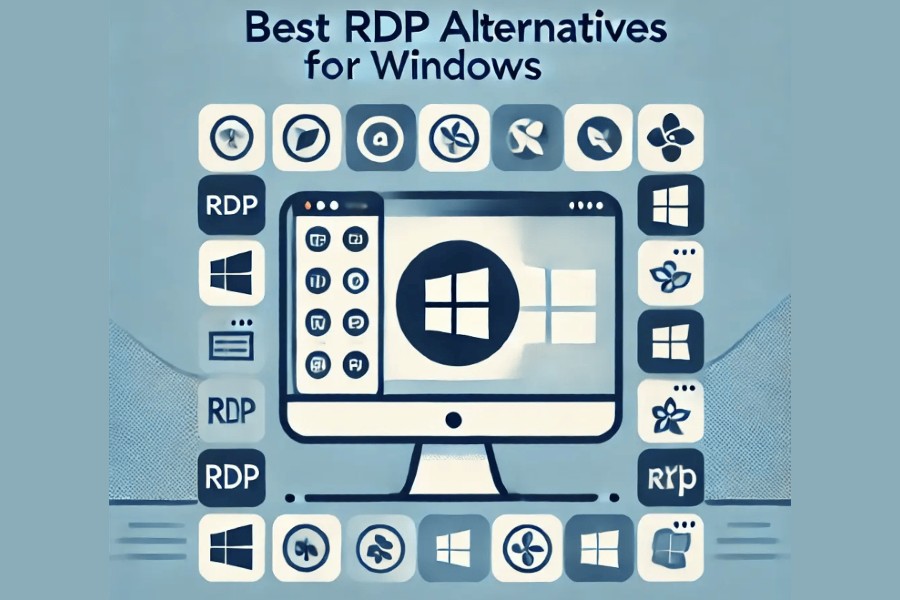
E-commerce has revolutionized retail, allowing customers to purchase anything with just a few clicks.
However, the influx of online orders has put immense pressure on logistics networks. Retailers must find innovative ways to provide fast, seamless delivery while delighting customers. Implementing the right strategies is key for e-commerce success.
Leveraging Technology for Efficiency
Technology is critical for modernizing logistics operations. Retailers should invest in systems like warehouse management software to efficiently pick, pack, and ship orders. Route optimization software can minimize miles driven. Tracking apps allow customers to follow their order’s journey. Retailers can even use AI and machine learning to predict demand patterns and plan inventory and staffing accordingly. Technology improves productivity, lowers costs, and enhances the customer experience.
Expanding Fulfillment and Delivery Capabilities
To achieve faster fulfillment and delivery times, retailers should expand their distribution footprint closer to customers. Local fulfillment centers positioned near high-density areas can significantly shorten last-mile delivery. Partnering with third-party logistics providers also augments capacity. Retailers can offer faster shipping options like same-day and next-day delivery. Flexible, on-demand delivery is also desirable, letting customers choose their delivery window. Drone delivery is another emerging option, allowing rapid short-range delivery. Lockers placed in convenient locations give customers self-service pickup points.
Expanding capabilities in multiple ways brings convenience and satisfaction.
Streamlining the Returns Process
E-commerce retailers must make returns frictionless. Providing free, easy returns with a variety of dropoff points encourages customers to buy confidently online. Retailers should simplify paperwork and offer hassle-free ways to print certified mail labels or return shipping labels. If you’re interested in how certified mail works, this link from Certified Mail Labels explains more – https://www.certifiedmaillabels.com/how-does-it-work.
Fast refund processing is also important. Optimizing returns minimizes wasted time and improves the post-purchase experience. Consider offering customers the ability to initiate a return request digitally for added convenience.
Proactive Customer Service and Communication
Customer service is vital for positive experiences. Retailers should provide self-service options via chatbots but also have call centers available for urgent issues. Proactive notifications by email or text message about order status keep customers informed. Post-delivery surveys identify pain points to address. Providing stellar service and transparent communication builds loyalty and trust. Consider extending customer service hours to nights and weekends to give more availability.
Sustainability Matters
Increasingly, consumers care about sustainability. Retailers should use recyclable and eco-friendly packaging materials. Route optimization reduces miles driven and emissions. Offering carbon-neutral shipping is now table stakes. Some retailers are piloting electric vehicle delivery fleets. Showcasing sustainability efforts enhances brand image.
Tracking Logistics Efficiency
- Order fulfillment time – Measures the time from when an order is placed to when it ships out. Lower fulfillment times indicate higher efficiency.
- On-time shipping – Track the percentage of orders shipped on or before the promised date. Higher rates indicate reliability.
- Delivery times – Monitor the time in transit from fulfillment center to customer. Faster times mean higher logistics performance.
- Shipping costs – Compare costs across carriers and services. Lower costs without sacrificing speed is the goal.
- Returns rate – The percentage of orders returned indicates issues. Lower rates signify higher satisfaction.
Tracking key metrics provides visibility into logistics operations. By benchmarking and optimizing these KPIs, e-commerce retailers can enhance efficiency.
Competing in today’s on-demand economy requires e-commerce retailers to transform their logistics operations. With the right strategies, retailers can thrive amidst the e-commerce revolution.
- Protein Supplements Vs. Protein Foods: Which Is Better For You?
- Sponsored Love: Navigating The Market, How Melbourne Buyers Agents Maximize Your Investment Potential
- Carrot Recall Expanded To Produce Sold At Whole Foods Based On E. Coli Contamination
- Broadway’s Rising Stars Converge: A Day Of Inspiration At Broadway Express y Más
- Adams, Hochul And More Toast $5 Billion Housing Plan: Building Dreams Together!
Become a Harlem Insider!
By submitting this form, you are consenting to receive marketing emails from: . You can revoke your consent to receive emails at any time by using the SafeUnsubscribe® link, found at the bottom of every email. Emails are serviced by Constant Contact








